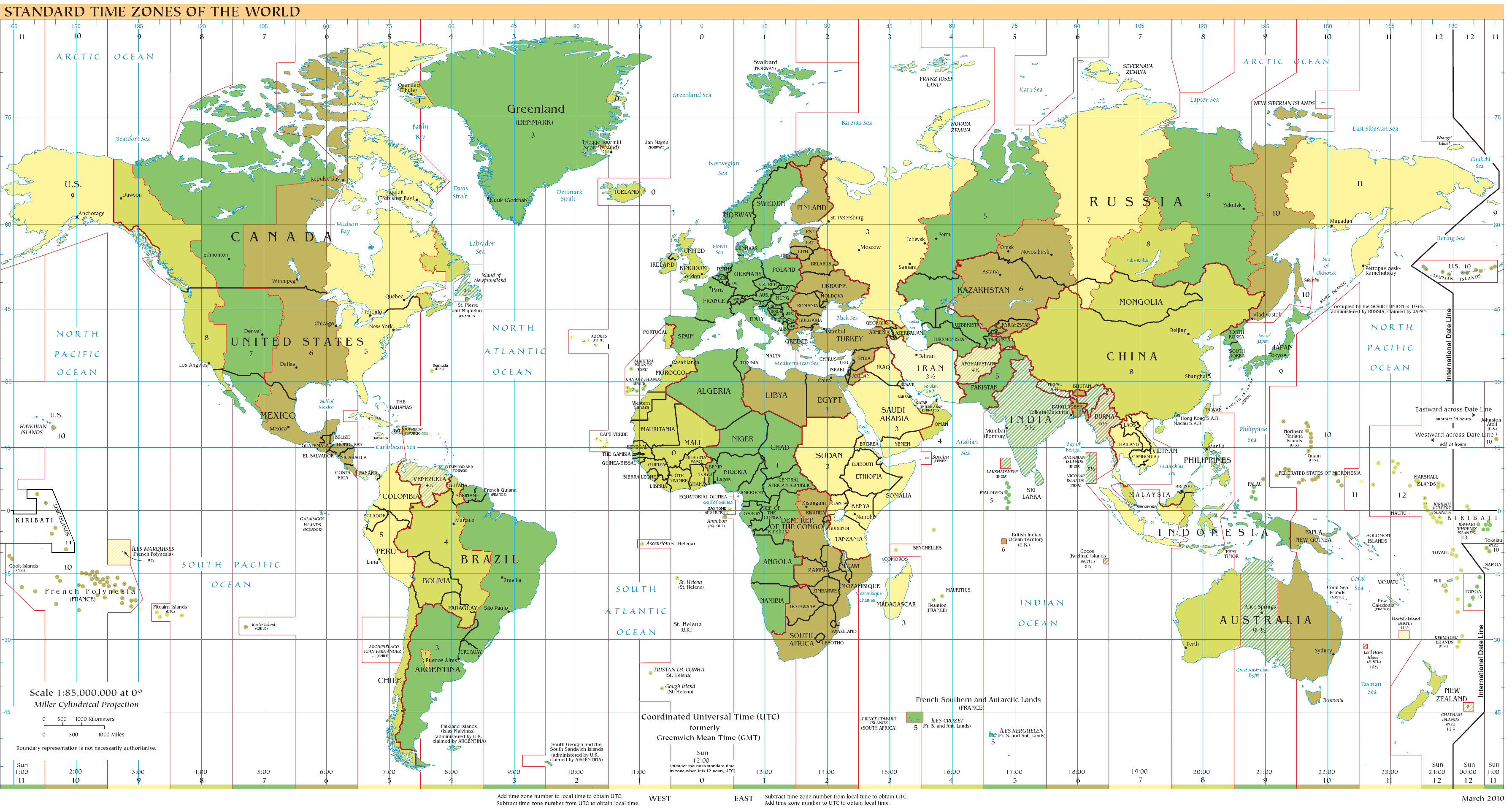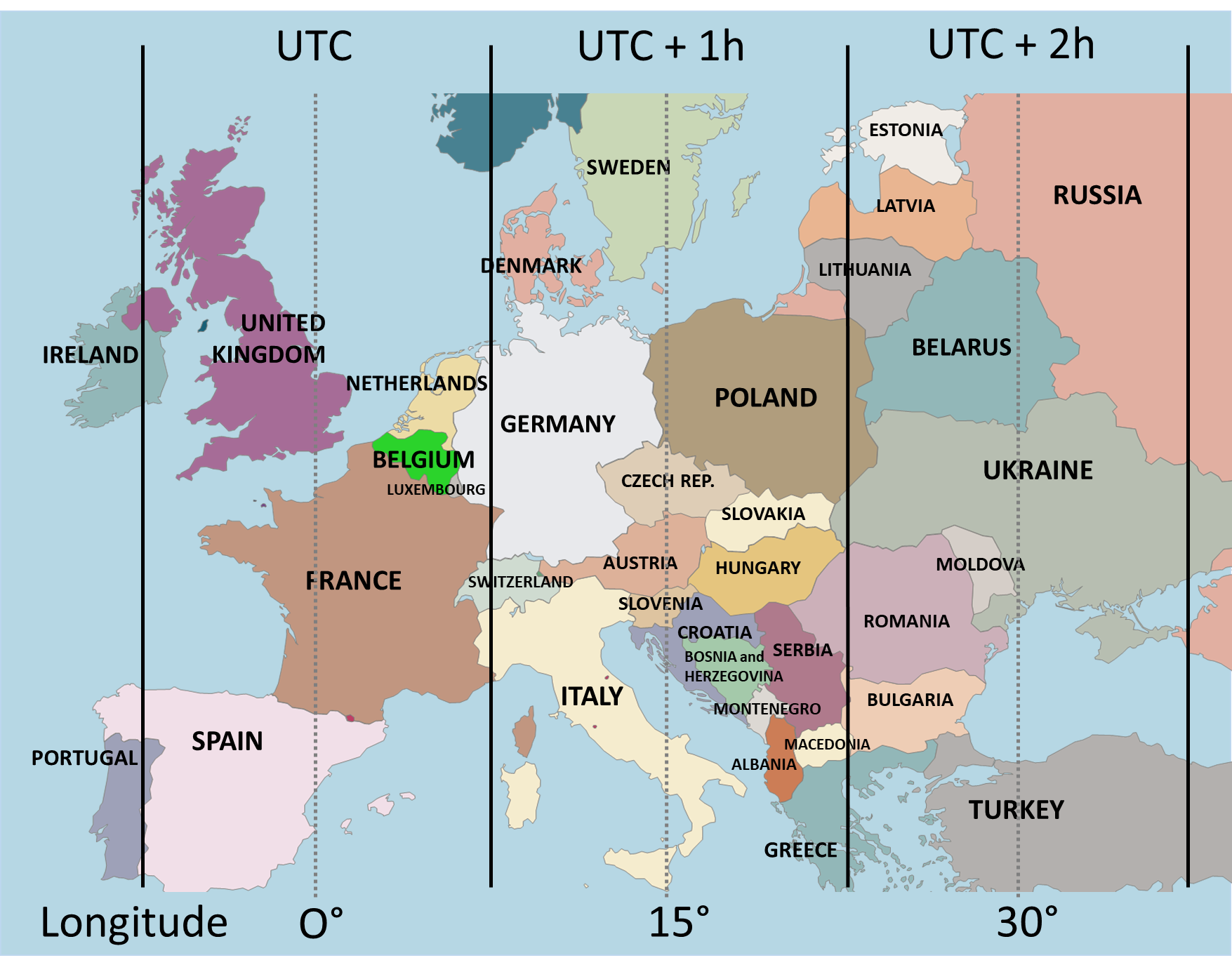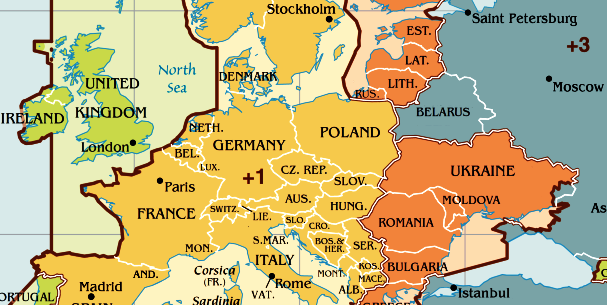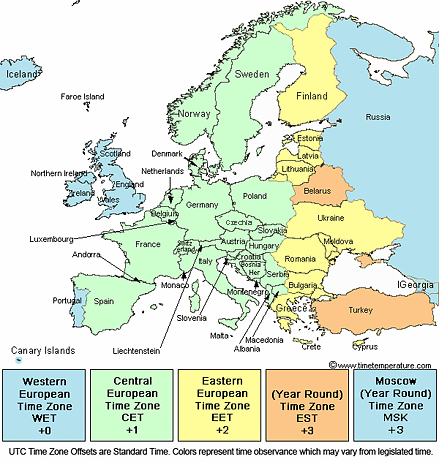Navigating Time: A Comprehensive Guide to Germany’s Time Zones
Related Articles: Navigating Time: A Comprehensive Guide to Germany’s Time Zones
Introduction
With enthusiasm, let’s navigate through the intriguing topic related to Navigating Time: A Comprehensive Guide to Germany’s Time Zones. Let’s weave interesting information and offer fresh perspectives to the readers.
Table of Content
- 1 Related Articles: Navigating Time: A Comprehensive Guide to Germany’s Time Zones
- 2 Introduction
- 3 Navigating Time: A Comprehensive Guide to Germany’s Time Zones
- 3.1 Understanding Germany’s Time Zone: A Historical Perspective
- 3.2 Germany’s Time Zone: A Single Time Zone, Multiple Considerations
- 3.3 The Impact of Germany’s Time Zone: Beyond the Clock
- 3.4 FAQs About Germany’s Time Zone
- 3.5 Tips for Navigating Germany’s Time Zone
- 3.6 Conclusion
- 4 Closure
Navigating Time: A Comprehensive Guide to Germany’s Time Zones

Germany, a nation known for its precision and order, presents a seemingly straightforward approach to timekeeping: a single time zone, Central European Time (CET). This simplicity, however, belies the complexities of time zones and their impact on various aspects of German life, from daily schedules to international business dealings.
This article delves into the intricacies of Germany’s time zone map, exploring its historical evolution, practical implications, and the factors that shape its current configuration.
Understanding Germany’s Time Zone: A Historical Perspective
Germany’s current time zone, CET, is a product of historical developments and global standardization efforts. Prior to the 19th century, timekeeping varied across different regions, often dictated by local solar time. This decentralized approach led to confusion and inefficiency, particularly with the rise of rail travel and communication networks.
The need for a unified time system became increasingly apparent, leading to the adoption of Standard Time Zones in the late 19th and early 20th centuries. Germany, along with many other European countries, embraced Central European Time (CET), which is one hour ahead of Coordinated Universal Time (UTC).
Germany’s Time Zone: A Single Time Zone, Multiple Considerations
While Germany adheres to a single time zone, its geographical location and historical context have shaped its timekeeping practices. The country spans a relatively narrow longitude range, ensuring that the sun rises and sets within a short timeframe across its territory. This minimizes the discrepancies in daylight hours experienced by different regions within Germany.
However, the adoption of CET has led to certain considerations, particularly during the summer months:
-
Summer Time (DST): Germany, like many European countries, observes Daylight Saving Time (DST), shifting the clock forward by one hour from the last Sunday in March to the last Sunday in October. This practice aims to maximize daylight hours during the summer months, promoting energy savings and enhancing outdoor activities.
-
Geographic Variations: While the single time zone simplifies scheduling, it does create a slight mismatch between solar time and clock time, particularly in the westernmost regions of Germany. During the winter months, the sun rises later in the west than in the east, leading to a discrepancy of up to 30 minutes. This difference is less pronounced during the summer months due to DST.
The Impact of Germany’s Time Zone: Beyond the Clock
Germany’s time zone plays a significant role in various aspects of life, including:
-
Daily Routines: The standardized time zone ensures a consistent schedule for work, school, and other daily activities across the country.
-
Business Operations: A unified time zone facilitates smooth communication and coordination among businesses within Germany and with international partners.
-
Travel and Transportation: The standardized time zone simplifies travel planning and reduces potential confusion related to time differences within Germany.
-
Social Interactions: A shared time zone fosters a sense of unity and facilitates social interactions across different regions of the country.
FAQs About Germany’s Time Zone
1. What is the current time in Germany?
Germany observes Central European Time (CET), which is one hour ahead of Coordinated Universal Time (UTC).
2. Does Germany observe Daylight Saving Time (DST)?
Yes, Germany observes DST, shifting the clock forward by one hour from the last Sunday in March to the last Sunday in October.
3. How does Germany’s time zone compare to other European countries?
Germany shares the same time zone with many other European countries, including Austria, Belgium, Czech Republic, Denmark, France, Hungary, Italy, Luxembourg, Netherlands, Poland, Slovakia, Slovenia, and Spain.
4. Are there any regions within Germany that have different time zones?
No, Germany adheres to a single time zone, Central European Time (CET).
5. What are the benefits of having a single time zone?
A single time zone simplifies scheduling, facilitates communication, and promotes a sense of unity within the country.
Tips for Navigating Germany’s Time Zone
-
Check the time zone before scheduling meetings or appointments.
-
Be mindful of the time difference when traveling to or from Germany.
-
Consider the impact of DST when planning activities or events.
-
Use reliable online time zone converters to ensure accurate timekeeping.
Conclusion
Germany’s time zone map, while seemingly straightforward, reflects a complex interplay of historical developments, geographical considerations, and practical implications. The single time zone, Central European Time (CET), ensures consistency in daily schedules, business operations, and social interactions. While the adoption of CET has led to certain considerations, particularly during the summer months, it ultimately fosters a sense of unity and efficiency within the country. Understanding the nuances of Germany’s time zone map is crucial for navigating daily life, business dealings, and travel within and beyond its borders.







Closure
Thus, we hope this article has provided valuable insights into Navigating Time: A Comprehensive Guide to Germany’s Time Zones. We appreciate your attention to our article. See you in our next article!